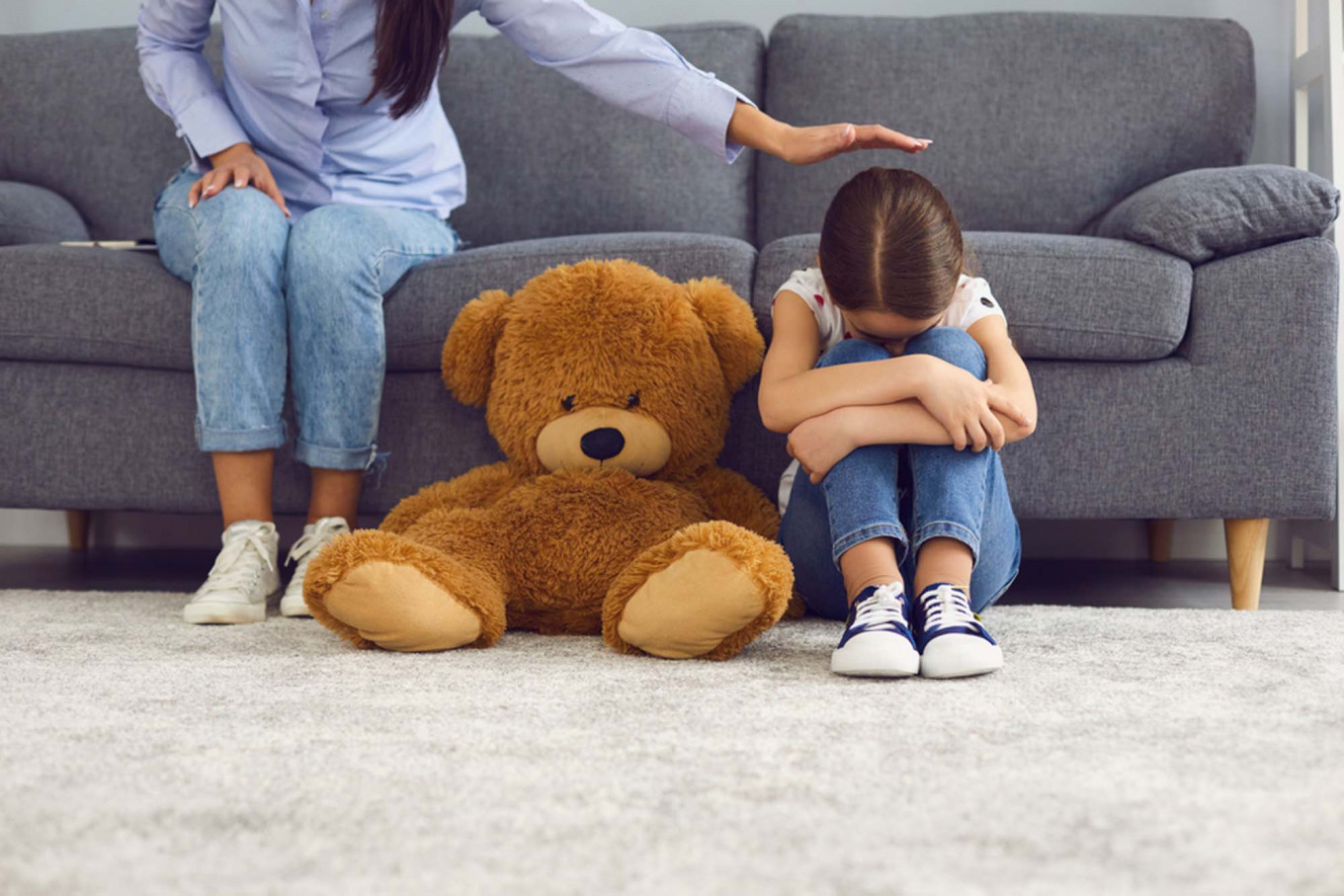Popular Reads
Top Results
Can't find what you're looking for?
View all search resultsPopular Reads
Top Results
Can't find what you're looking for?
View all search resultsViolence against children triggered by burden on mothers amid COVID-19: Survey
Change text size
Gift Premium Articles
to Anyone
T
he unequal burden of child care and housework on women has prompted a domino effect leading to violence against children as mothers juggle amid the COVID-19 health crisis that has turned homes into offices and classrooms, a recent survey by the Indonesian Child Protection Commission (KPAI) finds.
The online survey was conducted between June 8 and 14 involving 25,164 child respondents and 14, 169 parents in 34 provinces. Of the parent respondents, 74.4 percent were women and 25.6 percent were men.
The survey showed that child care was mostly done by mothers, from giving the children information about health protocols amid the pandemic to assisting their study and other activities as well as teaching them to care for others.
Meanwhile, 21 percent of fathers never helped their children to study and 17.5 percent never accompanied them in doing activities other than studying.
The survey also found that only 33.8 percent of parents had participated in training or received education about parenting.
Read also: COVID-19 pandemic forces Indonesian mothers to do it all
“The unequal division of labor and the mental load shouldered by mothers, combined with children engaging in activities deemed unproductive by parents such as watching TV, sleeping and playing video games, has led to violence,” KPAI head Susanto said in a written statement obtained by The Jakarta Post on Thursday.
The majority of child respondents said they received abuse from mothers (60.4 percent), followed by siblings (36.5 percent) and fathers (27.4 percent). Meanwhile, 79.5 percent of children experienced mental abuse by mothers, followed by fathers (42 percent) and siblings (20.4 percent).
From the parent’s side, 42.5 percent of mothers and 32.3 percent of fathers admitted to having inflicted physical abuse on their children, while 73 percent of mothers and 69.6 percent of fathers said they had carried out psychological abuse.
The physical abuse takes the form of pinching (39.8 percent), tweaking ears (19.5 percent), hitting (10.6 percent) and pulling (7.7 percent). The children also reported psychological abuse such as being scolded (56 percent), compared to other children (34 percent), yelled at (23 percent) and glared at (13 percent).
However, the majority of child respondents in the survey reported positive emotions despite experiencing violence, indicated by a happy feeling of having more time to help parents (60.3 percent), getting closer to parents (59.7 percent) and learning more with parents (40.5 percent).
Read also: COVID-19: How to protect your child's mental health
The KPAI urged parents, both fathers and mothers, to be equally involved in parenting and doing household chores to minimize the risk of violence against children.
“Fathers must take a bigger role in parenting because children need both parents. The intimacy between children and parents is important in the child’s development,” Susanto said.
Furthermore, the KPAI highlighted the need to constantly promote consulting services to parents and children so that victims of violence could report to the right place and it can be handled effectively.










